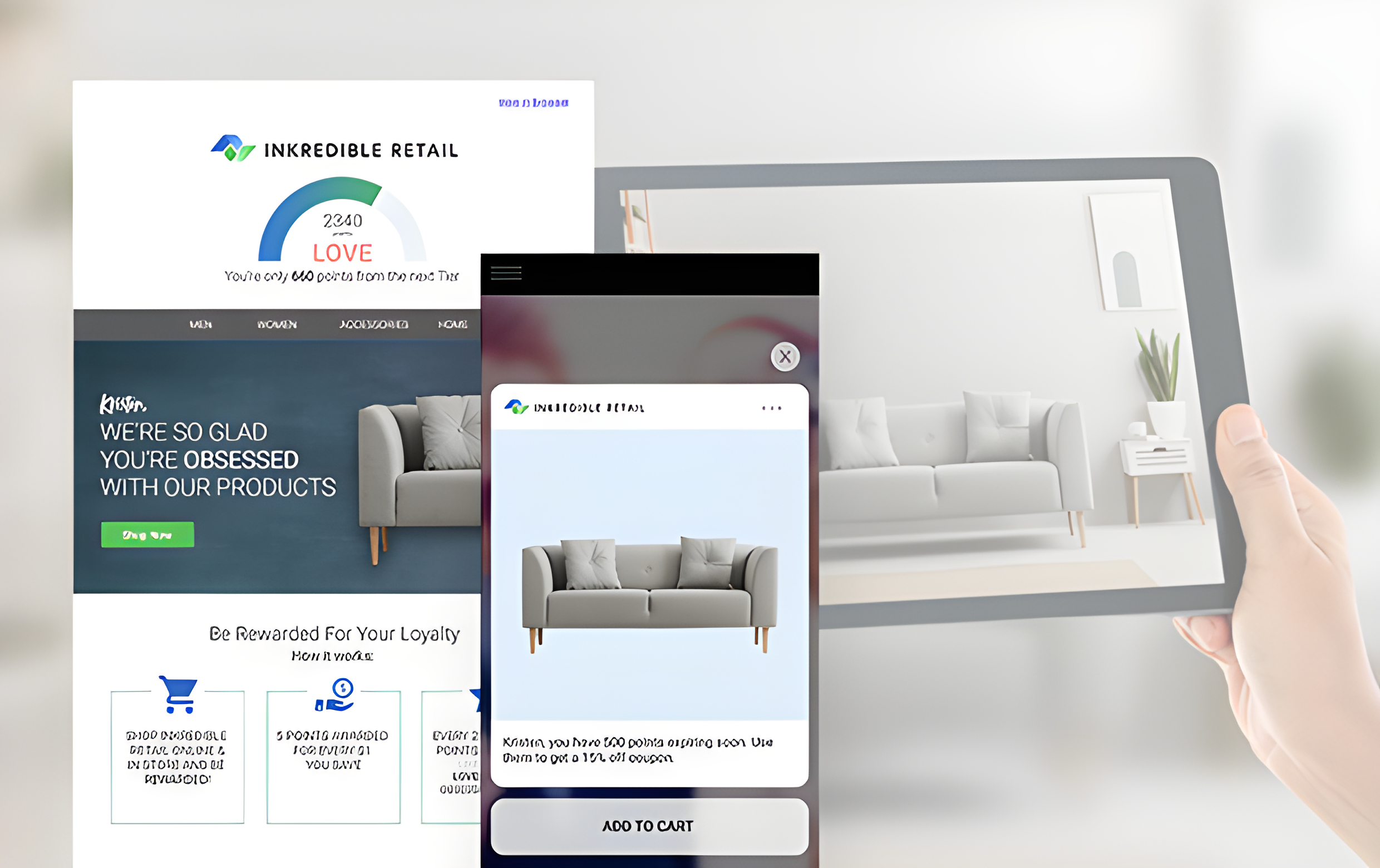Movable Ink today announced that it secured $55 million in a Series D funding round led by Silver Lake Waterman with participation from Contour Venture Partners, Intel Capital and others, bringing the marketing software startup’s total raised to $97 million. The investment comes as Movable Ink — which is valued at $1.3 billion pre-money — plans to invest in “AI-driven” products and expand its over-550-employee workforce to more than 700 by 2023.
Personalization is a proven tool to boost engagement. According to a 2018 Epsilon study, 80% of consumers are more likely to make a purchase when brands offer personalized experiences — e.g., websites, emails and text messages. But personalization is often easier said than done. Sixty-three percent of marketing organizations responding to a 2021 Gartner poll said that they continue to struggle with personalization, particularly with implementing technologies like AI and machine learning.
That’s partially due to a lack of trust in AI. But Movable Ink Vivek Sharma argues that AI must be embraced — thoughtfully, of course — if marketers are to achieve personalization across every channel.
“It’s no longer optional for brands to connect with consumers in more personalized ways. Consumers have greater expectations than at any other time in history and personalization and one-to-one marketing have become the strategic imperatives,” Sharma told TechCrunch via email. “Brands have made huge investments in data management tools and message delivery engines, [but] unfortunately, today, marketers are reliant on manual efforts and are faced with a lack of resources, leading to lengthy, rigid production processes to meet their content personalization needs.”
Movable Ink, which was founded in 2010 by Sharma and Michael Nutt, ostensibly solves the problem by translating a brand’s data into “content modules” designed to be embedded in emails, websites and other digital platforms. The modules update with personalized information like pricing and inventory, offers and loyalty reward balances in response to a customer’s interactions, targeting content based on attributes like onsite or mobile behavior, preferred location and even weather.
In a bid to bolster its AI stack, Movable Ink in February acquired Coherent Path, which uses machine learning to create tailored email experiences. According to Sharma, Coherent Path’s technology is differentiated by its “longer-term,” “reciprocal” approach that focuses on the overall lifetime customer value instead of choosing the best immediate next step in the customer journey.
“[Coherent Path] creates a more meaningful approach to personalization and helps develop a deeper customer relationship,” Sharma said. “[Beyond this,] Movable Ink’s AI evaluates a range of information from engagement with marketing content, site traffic, and conversion data to determine the ideal content to show an individual. The AI is adaptive and accounts for changes in a customer’s behavior (e.g, changing product tastes during the pandemic). The algorithms use customer behaviors rather than human labels to determine the ideal content to show an individual.”

There’s no shortage of vendors offering AI-powered solutions to the intractable challenge of marketing personalization. Mutiny — which just last month raised $50 million — personalizes website copy and headlines on the fly using AI. Kalendar writes algorithmically personalized calendar invitations to customers, inviting them to sales meetings. AI has even invaded the corporate gifting space, with startups like Alyce leveraging it to track a customer’s relationships and use the information to recommend gifts.
But marketers have historically been reluctant to embrace AI tools, despite their abundance. The aforementioned Gartner survey found that 75% of companies piloting AI worry about trusting the technology. Marketers also express frustration with integrating AI into their existing workflow, with nearly a third in a BrightEdge study saying that applying AI in their role was the strongest barrier to adoption.
But Matt Gorin, the co-founder of Contour Venture Partners, asserts that Movable Ink has overcome this reluctance, pointing to the company’s growth in the past year. Annual recurring revenue is now past $100 million, bolstered by customers including JetBlue, Dunkin, Comcast, Hilton, Uber and Bloomingdales.
“As investors from the beginning where we led [Movable Ink’s] seed round, we have been continually impressed with how the team scaled the business and delivered truly differentiated value for their clients and consumers alike,” Gorin said in a statement. “Over the past decade since its founding, even amid a global pandemic where many consumer brands were facing difficult times, Movable Ink saw consistent, organic client growth — a testament to the power of the platform, the team and its unique approach to solving a very important pain point for marketing teams. In addition to the powerful return on investment its platform delivers, Movable Ink is an extremely capital efficient business. So much so that [Movable Ink] capped the round despite overwhelming investor demand to participate.”































Comment